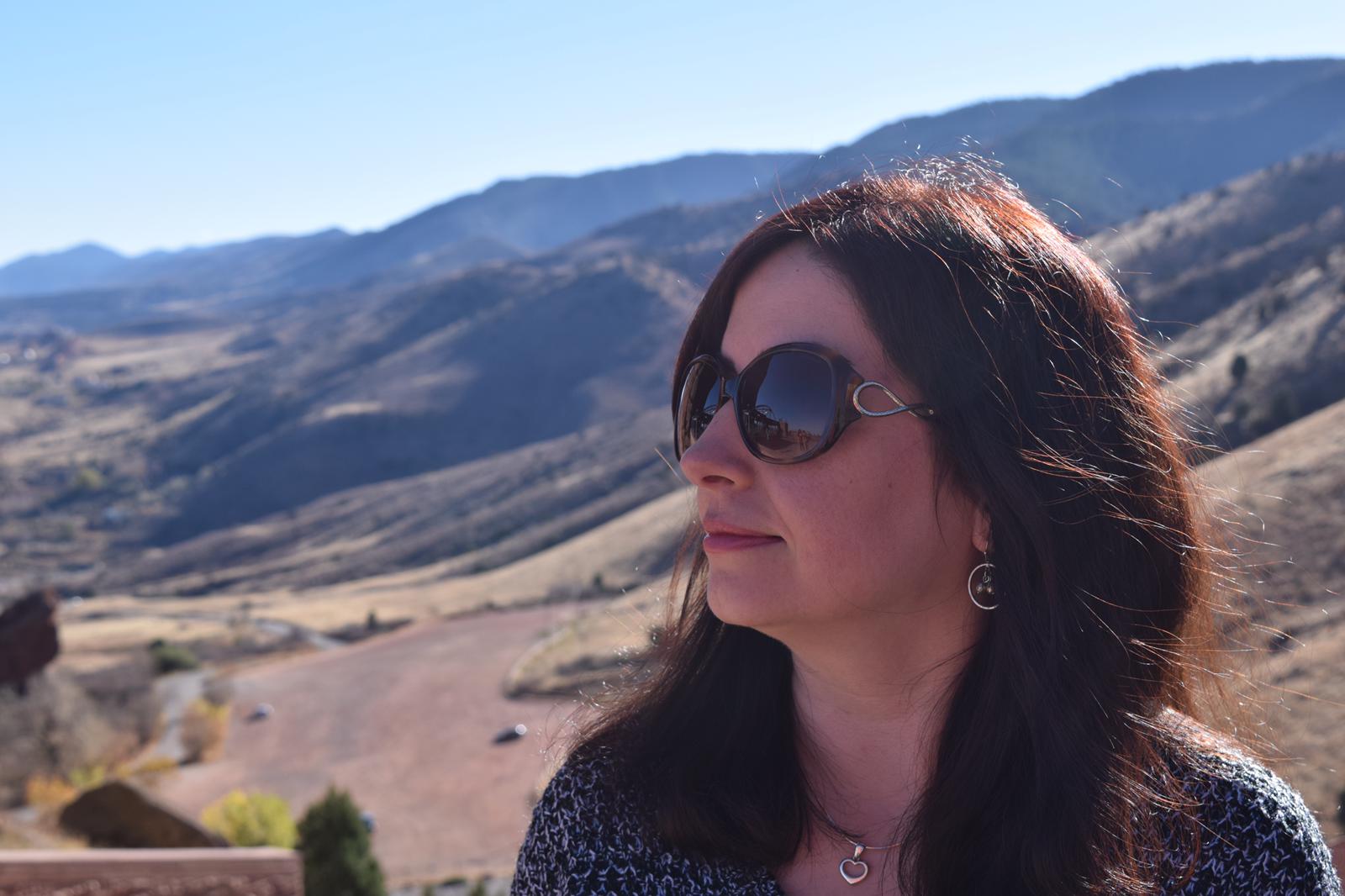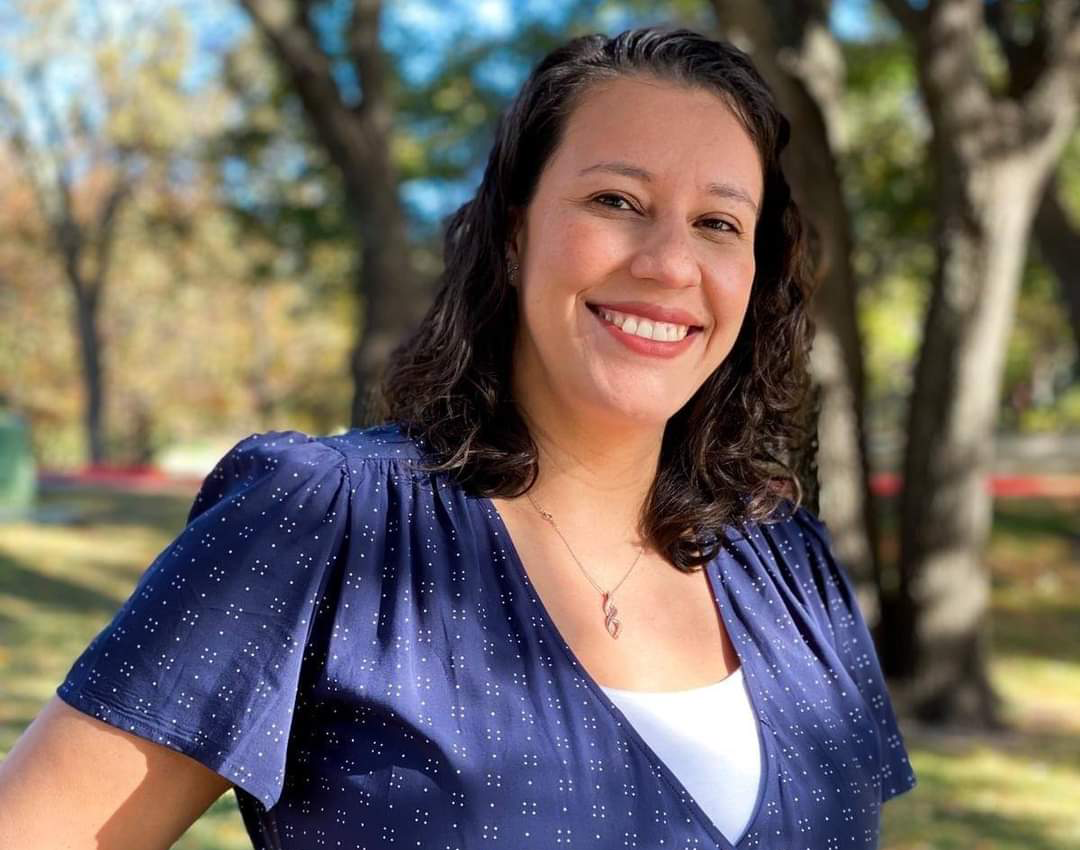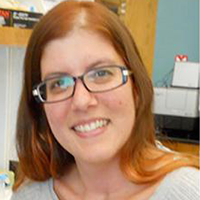Science journeys: How two women found their passion
I am fascinated by people’s stories and what drives them to their careers in science. Recently, I had the opportunity to talk to two women scientists, one from Iran and another from Brazil, about how they first became interested in science, how their careers have progressed and their plans for the future. Their answers have been edited.
Nahal Hoghooghi, a soil scientist and hydrologist from Iran, is a postdoctoral research associate at the University of Georgia. She uses geospatial modeling to study interactions between soil and water that are important for the environment and for human health.
Maisa C. de Oliveira, a biochemist from Brazil, is a Ph.D. candidate at Southern Methodist University in Texas. She is passionate about science communication and was a science teacher in Brazil before starting her Ph.D. program.
Do you remember when you first became interested in studying science?


Nahal: When I was a kid, I used to spend my summers at my grandfather’s place. He had a farm with lots of fruit trees that he loved. I learned a lot about the trees growing up, and I noticed things, such as how the fruit was not always the same quality from year to year. How some seasons some trees got diseases and then didn’t the next season. I developed a curiosity about this process, and I wanted to learn more so I could help in the farm and with agriculture in general.
Maisa: I always knew I would be a scientist. I was always super interested in everything that had to do with science. I found it all mesmerizing and fantastic. In fact, my problem was deciding which science to pick. Even when I decided on biology, I still couldn’t decide what in biology I wanted to study. At some point in my life, I also became very passionate about science education. I realized that I would have a greater impact as a science teacher.
Nahal: My parents really wanted us to go to medical school. So, when I told them I wanted to study soil science, my mom made me promise that I would get a master’s degree in addition to my undergraduate. In Iran, soil science is a very male-dominated field. As woman, there were a lot of things I couldn’t do. For example, I was interested in soil pedology — studying how soils develop — but that requires a lot of field work, which I couldn’t do because field work was not considered appropriate for women at the time. A professor at the university where I did my master’s degree advised me to focus on soil physics instead, which is more computational and does not require field work.
How was the process of deciding to do a Ph.D. in the U.S.?
Maisa: Everything was really fast. I decided I wanted to do a Ph.D. in August of 2013, and I had sent out all my applications by December. My husband was studying in Texas at the time, so I knew I had to go to Texas. I took the graduate school entry exams and researched universities in Texas that had programs I would be interested in. I applied to nine universities and was accepted by one, Southern Methodist. That was all I needed. The process was much easier than I expected, and professors in the U.S. were very helpful. I really like how much choice you have as a graduate student in the U.S. It is very different from Brazil.
Nahal: I was working in a consulting firm in Tehran, and I started to want more than what I was doing. I knew I didn’t want to do a Ph.D. in Iran because of the difficulties I had encountered during my undergraduate and master’s. My sister was studying in Florida at the time, so I decided to go to a university near Florida. I contacted the professor who became my advisor at the University of Georgia, and at first, he told me he didn’t have funding at the moment. He also sent me some information for the project he had in mind, and I liked it a lot. The process of getting to the U.S. was hard and long; it took two years from the moment I decided to when I finally came. At that time in Iran, I could only do the written graduate school exams, and they were only offered once a year. I also had to go to Armenia to interview for a visa because there isn’t a U.S. embassy in Iran. I was lucky — my visa was approved in just three days.
How was your experience studying in the U.S.?
Maisa: I knew that I was interested in human health, and I was leaning toward infectious diseases. I did my first rotation in a lab that works on developing drugs that make other cancer drugs work better, and I really liked it and decided to work on that instead. That is why I think rotations are such a good idea. In my experience, scientists in the U.S. collaborate a lot. People have helped with many aspects of my project, and I haven’t felt like there is a lot of competition.
Nahal: During my Ph.D., I did a lot of field work collecting stream water samples in Atlanta and north Georgia. My work here is very different from what I used to do in Iran. I knew that I wanted to have an environmental component, and I really like it because of that. My experience in the U.S. has been really good. All of the people that I worked with have been very supportive of me and interested in developing my career.
What are your plans for the future?
Maisa: I haven’t decided what I want to do when I graduate. I know I want to be involved in science education. COVID-19 has reinforced the idea that we need people to understand science better. I am also passionate about working with students and helping them develop their potential. I want to focus on students from Latin America, especially girls. I think often these students are told that science is not for them, and I want to change that. At the beginning of 2019, I gave a talk at Mountain View Community College in Dallas about careers in science. At the end of the talk, students approached me and said that they had not thought that a science career was for them. I encouraged them to look into scholarships that allow undergraduate students to have laboratory experience.
Nahal: After my Ph.D., I worked at the Environmental Protection Agency for a year before starting my postdoc. Working as a researcher at the EPA was a much more collaborative environment than academia. I am applying for jobs at national research agencies.
What advice would you give to women from Iran/Brazil who want to pursue a career in science?
Nahal: If I was going to give any advice to women in Iran who want to pursue a career in science, it would be to go for it and never give up. I want them to know they are stronger than they think.
Maisa: The past year has taught us to adapt to new situations and look to alternative approaches to our problems. Women have the capacity to look at problems from different perspectives and to think of creative solutions. There are lots of opportunities for women to have successful careers in science, especially outside Brazil. I encourage women to look for those opportunities and pursue them.
Enjoy reading ASBMB Today?
Become a member to receive the print edition four times a year and the digital edition monthly.
Learn moreFeatured jobs
from the ASBMB career center
Get the latest from ASBMB Today
Enter your email address, and we’ll send you a weekly email with recent articles, interviews and more.
Latest in People
People highlights or most popular articles

Simcox wins SACNAS mentorship award
She was recognized for her sustained excellence in mentorship and was honored at SACNAS’ 2025 National Conference.

From humble beginnings to unlocking lysosomal secrets
Monther Abu–Remaileh will receive the ASBMB’s 2026 Walter A. Shaw Young Investigator Award in Lipid Research at the ASBMB Annual Meeting, March 7-10 in Washington, D.C.

Chemistry meets biology to thwart parasites
Margaret Phillips will receive the Alice and C. C. Wang Award in Molecular Parasitology at the ASBMB Annual Meeting, March 7-10 in Washington, D.C.

ASBMB announces 2026 JBC/Tabor awardees
The seven awardees are first authors of outstanding papers published in 2025 in the Journal of Biological Chemistry.

Decoding how bacteria flip host’s molecular switches
Kim Orth will receive the Earl and Thressa Stadtman Distinguished Scientists Award at the ASBMB Annual Meeting, March 7–10, just outside of Washington, D.C.

Thiam elected to EMBO
He was recognized during the EMBO Members’ Meeting in Heidelberg, Germany, in October.

